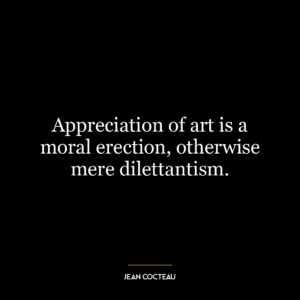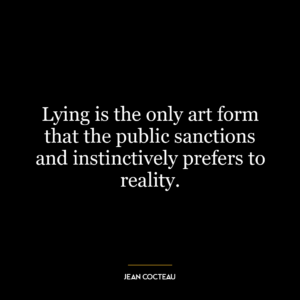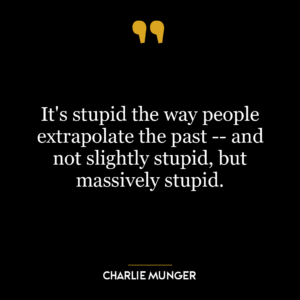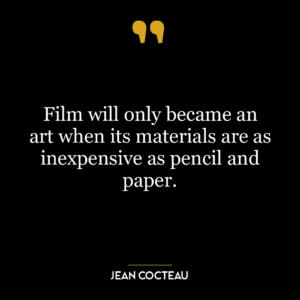O, what nowadays does science not conceal! How much, at least, it is meant to conceal!” This quote suggests that science, while often seen as a tool for discovery and enlightenment, can also be used to hide or obscure truth. It implies that there may be aspects of reality that science either cannot explain or deliberately avoids explaining.
One way to understand this quote is to consider the limitations of science. Science is a method of understanding the world that relies on empirical evidence, logical reasoning, and skepticism. However, it can only explain phenomena that can be observed and measured. There are many aspects of human experience – such as love, beauty, morality, or consciousness – that cannot be fully explained by empirical evidence or logical reasoning. In this sense, science “conceals” these aspects of reality by failing to provide a comprehensive explanation of them.
Another interpretation of this quote is that science is sometimes used to justify or legitimize certain beliefs or practices that may not be true or beneficial. For example, in the past, pseudoscience has been used to justify racism, sexism, and other forms of discrimination. In these cases, science is used to “conceal” the truth, in the sense that it provides a seemingly legitimate rationale for harmful beliefs or practices.
In today’s world, this quote can be applied in many ways. For example, it can be a reminder to be critical of scientific claims and to recognize the limitations of science. It can also be a call to question the ways in which science is used to justify certain beliefs or practices, and to seek out alternative sources of knowledge and understanding.
In terms of personal development, this quote can inspire a sense of humility and curiosity. It can remind us that there is always more to learn and understand, and that we should not be too quick to accept or reject ideas based on scientific evidence alone. It can also encourage us to explore different ways of understanding the world, such as philosophy, art, or spirituality, and to value these forms of knowledge alongside scientific knowledge.













